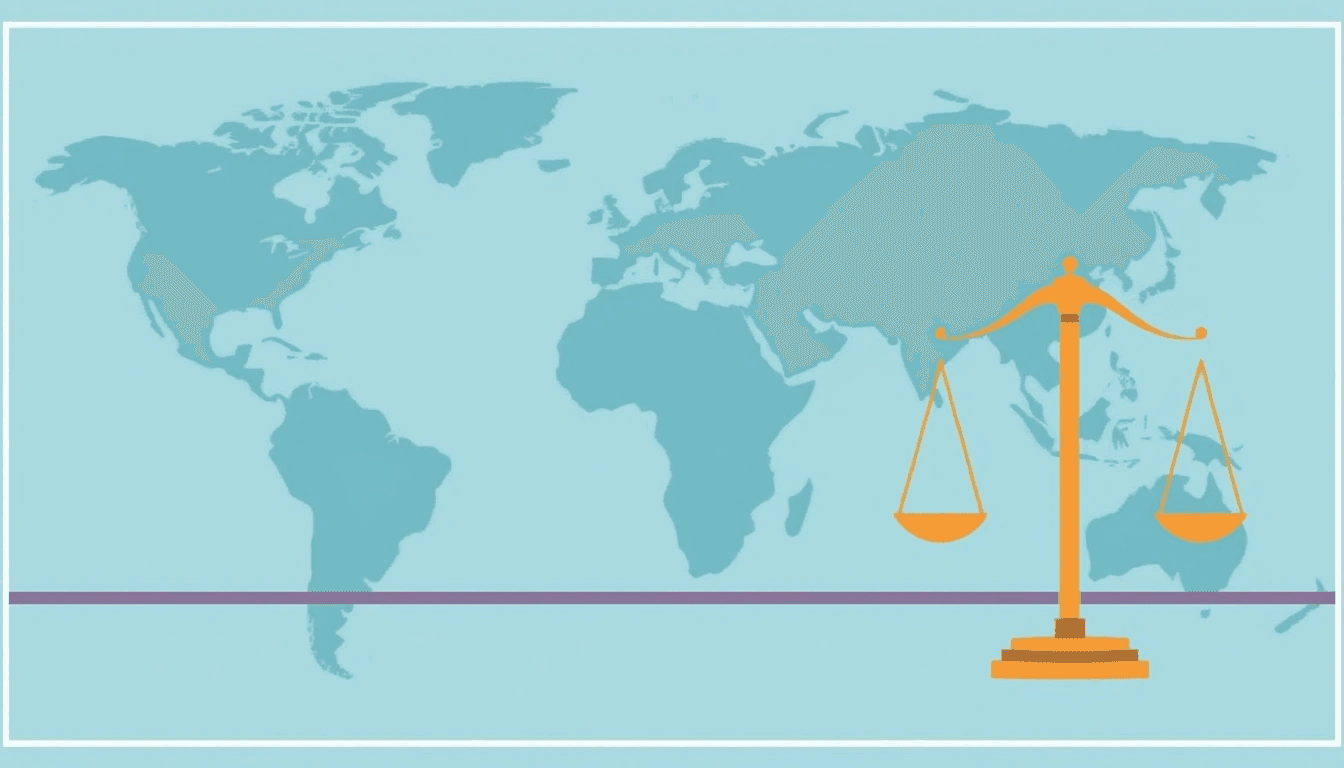

For the vast and increasingly affluent Indian diaspora, managing affairs back home often presents unique challenges, particularly when it comes to the sensitive and legally intricate process of inheritance. One document that frequently surfaces as a critical hurdle is the Legal Heir Certificate. While seemingly straightforward in concept, securing this vital piece of paper from abroad as a Non-Resident Indian (NRI) can quickly become a labyrinthine journey, demanding meticulous planning, patience, and often, professional guidance.
At its core, a Legal Heir Certificate is issued by the Indian government to identify the rightful living heirs of a deceased person. This certificate isn't just a formality; it's a foundational document required for myriad post-demise processes in India. From transferring property titles—be it an ancestral home, a piece of land, or an investment apartment—to claiming assets like bank deposits, provident fund benefits, insurance payouts, or even government dues, its absence can bring administrative processes to a grinding halt. What's more interesting is its distinction from a Succession Certificate, the latter being a court-issued document primarily for movable assets and debts, whereas the Legal Heir Certificate, typically issued by a Tehsildar, District Magistrate, or local municipal body, is often sufficient for property transfers and other administrative claims, especially when there are no disputes among heirs.
The complexity for NRIs largely stems from the geographical disconnect and the inherent bureaucratic requirements that often necessitate physical presence or intricate verification processes. Imagine being thousands of miles away, trying to navigate Indian governmental offices, which, despite significant strides in digitalization, still rely heavily on physical document submission and in-person verification for such critical matters. The challenge intensifies when the deceased didn't leave a will, making the identification of legal heirs paramount under the applicable personal laws in India.
The application process typically kicks off by identifying the correct jurisdictional authority, usually where the deceased last resided. Required documents are extensive and non-negotiable: the deceased's original death certificate, proof of identity and address for all legal heirs, and most critically, documentary evidence establishing the relationship between the applicant and the deceased. For NRIs, these proofs of identity and relationship, if issued by foreign governments, often require apostille or attestation from the Indian Embassy or Consulate in their country of residence. This step alone can add weeks, if not months, to the timeline, involving appointments, courier services, and consular fees, which can range from $20 to $100 per document, depending on the service and country.
One of the most effective strategies for NRIs to circumvent the need for constant physical presence is to execute a Power of Attorney (PoA) in favour of a trusted resident Indian. This PoA, meticulously drafted and legally vetted, must clearly empower the attorney to act on behalf of the NRI heir, including applying for and receiving the Legal Heir Certificate. Crucially, this PoA itself needs to be attested by the Indian Embassy or Consulate in the NRI's country of residence and then apostilled or notarized as per local laws before being sent to India. Upon arrival, it must be registered with the relevant sub-registrar's office in India, a process that can involve stamp duty payments and further bureaucratic steps. Skipping this registration can render the PoA invalid for property-related transactions, a detail often overlooked.
While some Indian states have introduced online portals for applying for such certificates, their full functionality and ease of use for NRIs can vary widely. Often, even after an online submission, physical documents may still need to be presented for verification, or the PoA holder might be required to appear in person. The processing time can be unpredictable, ranging from 30 days to 9 months or more, influenced by the efficiency of the issuing authority, the completeness of the application, and the absence of any family disputes. Legal fees for engaging a local Indian lawyer, an almost essential step for NRIs, can vary significantly, typically starting from INR 25,000 (~$300) and going upwards, depending on the complexity and location.
The broader implication for the NRI community is clear: proactive planning is paramount. Understanding the intricacies of Indian succession laws, maintaining well-organized records of relationships and properties, and having a clear will in place can drastically simplify matters for surviving family members. For those facing the immediate need, leveraging a robust PoA, engaging experienced legal counsel in India, and meticulously preparing all necessary documents—ensuring proper attestation and apostille—are the cornerstones of a successful application. The Indian government's push for digitalization continues, and we're seeing incremental improvements, but for the foreseeable future, the path to securing a Legal Heir Certificate from abroad will remain a nuanced journey requiring diligence and an understanding of both local Indian specifics and international legal protocols.

About Harleen Kaur Bawa
Harleen Kaur Bawa is a licensed immigration attorney specializing in Canadian immigration and Indian services. With extensive experience in family sponsorship, Express Entry, refugee claims, and OCI services, she has successfully helped hundreds of clients navigate complex immigration processes.
Harleen holds degrees from York University - Osgoode Hall Law School and the University of Toronto, and is certified by the Law Society of Ontario and the Immigration Consultants of Canada Regulatory Council. She is committed to providing personalized, professional legal services to help clients achieve their immigration goals.
Related Articles

UK Intensifies Student Sponsor Checks: Tougher Sanctions, Student Verification Now Crucial
UK tightens student visa compliance for institutions. Discover stricter audits, penalties & crucial steps for international students to verify sponsors.

Navigating the Global Talent Maze: Translating Diplomas and Enduring Consular Waits for Employer-Led Entry
Master the global talent hunt. Understand employer-led immigration hurdles: diploma validation, lengthy visa waits, and variable processing by region impacting international hires.

Ongoing Consultations with Provinces Shaping National Policy Landscape
Federal-provincial consultations in Canada aim to forge a national strategy for economic recovery, climate, & healthcare. Explore how this will redefine intergovernmental cooperation.